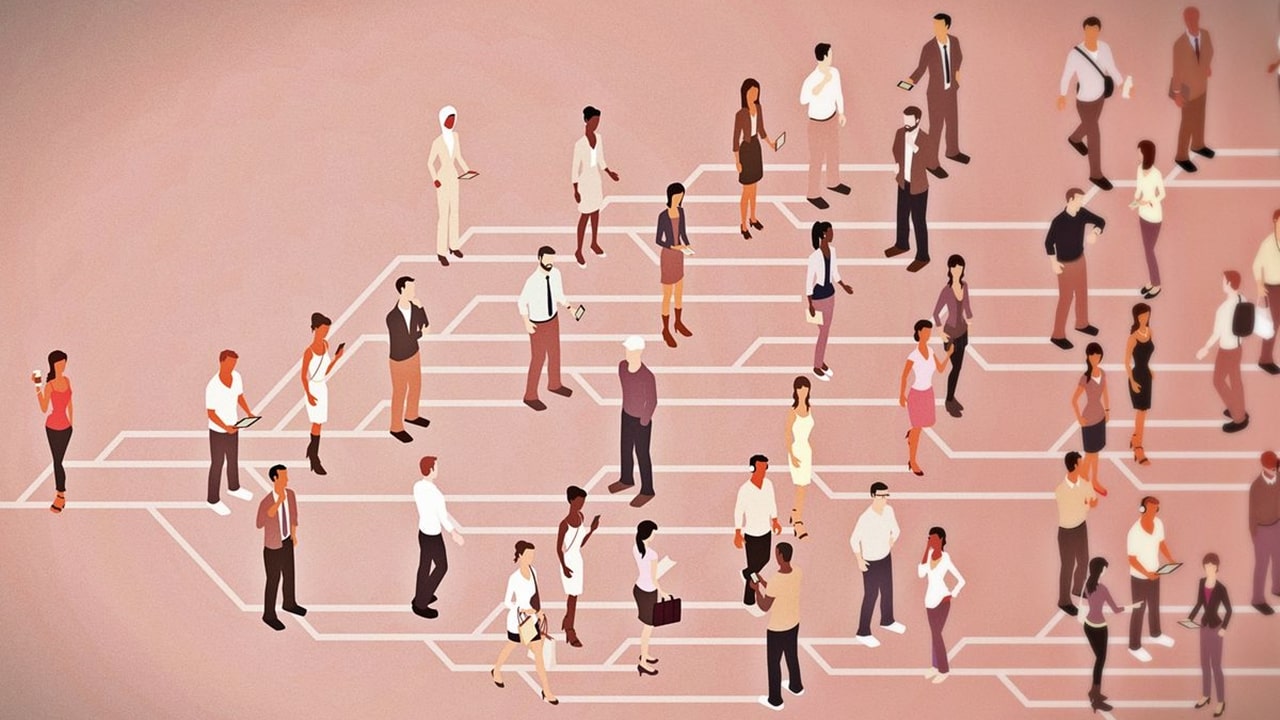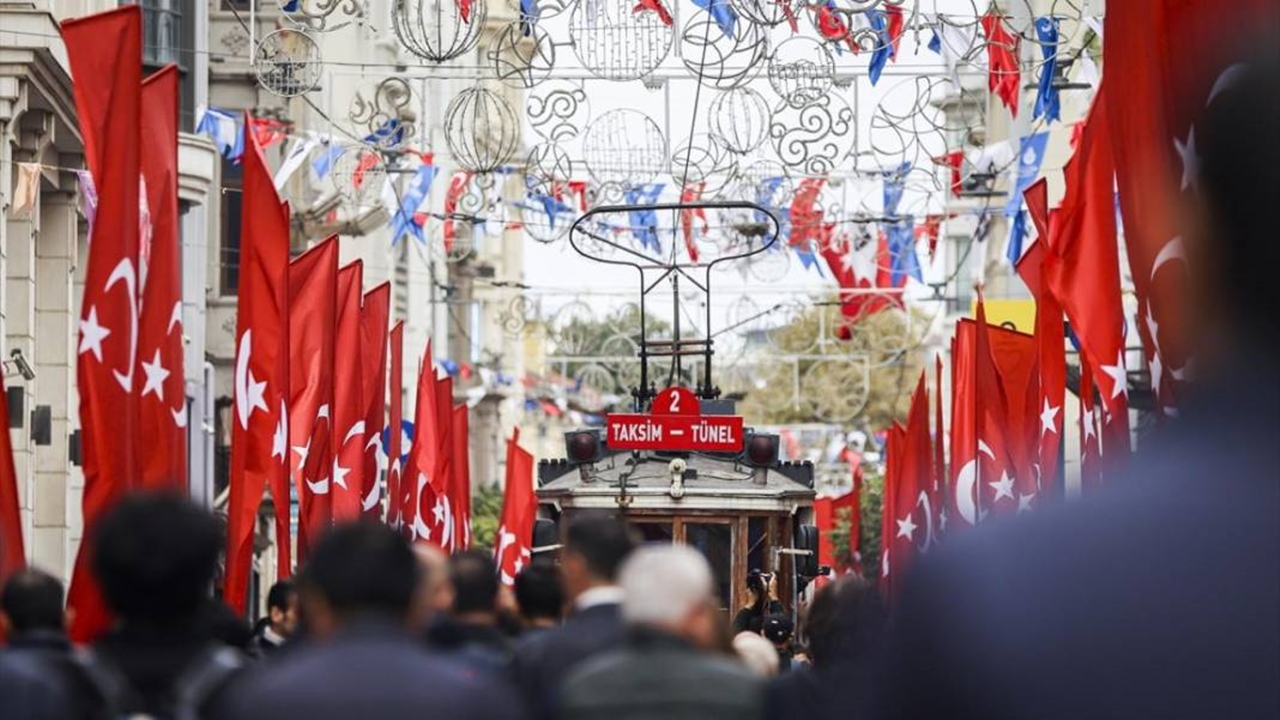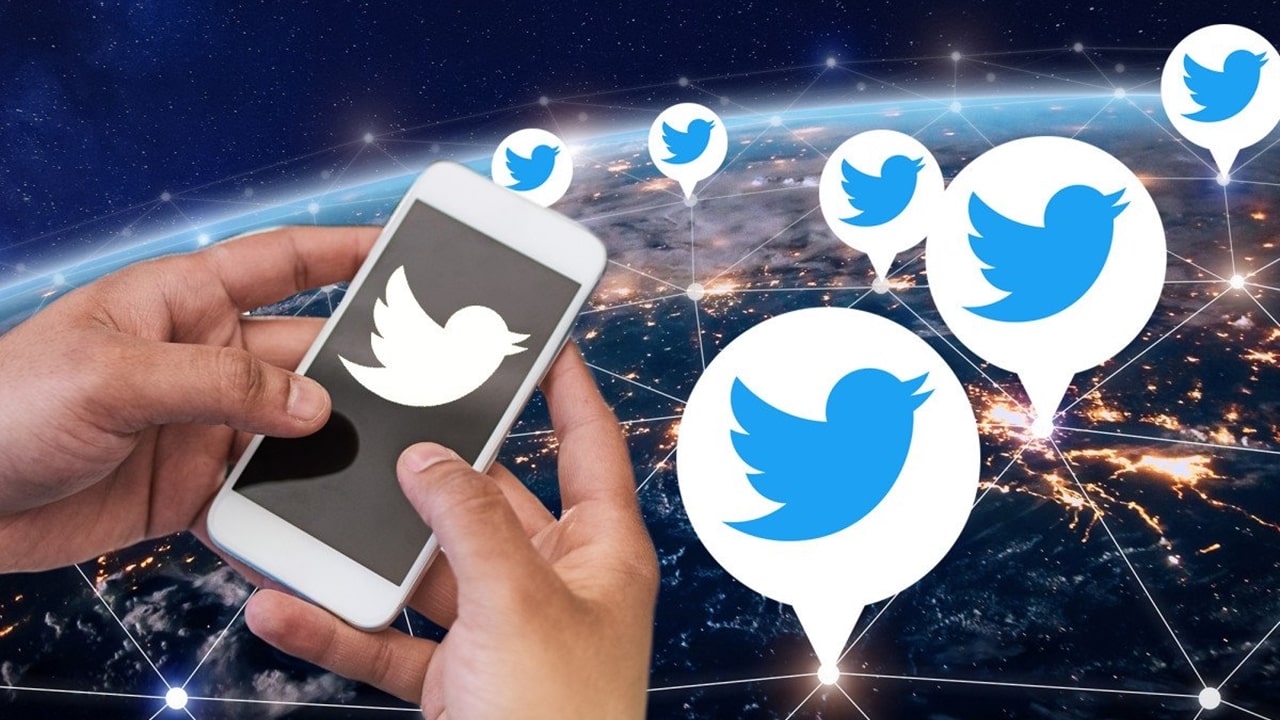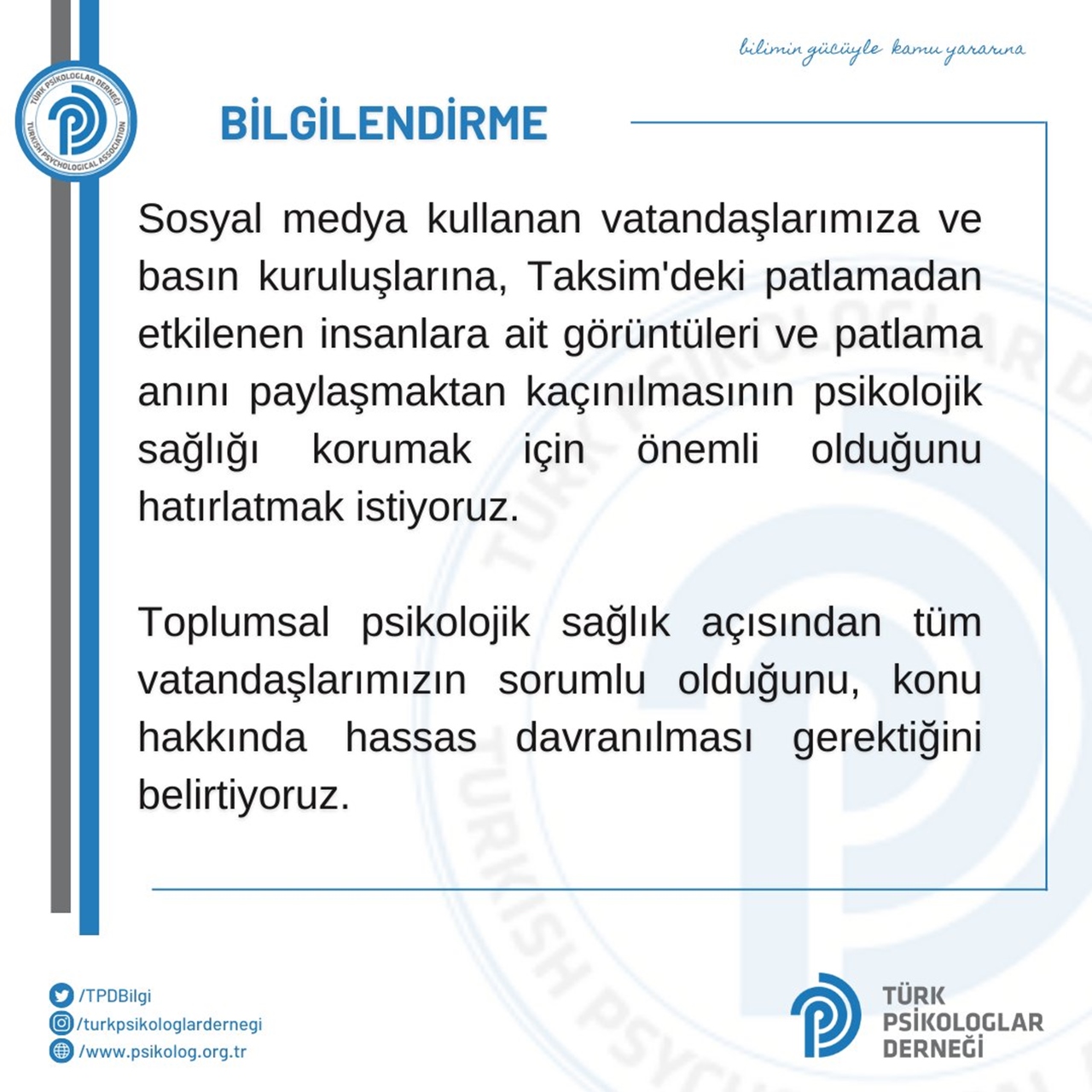You have been very impressed by the news of violence, the incident, the footage of the incident. That’s why you shared every piece of information that came your way in order to raise awareness in case it was true. But because you did so without questioning, you caused much more harmful consequences…
In the age of digitalization, every event that happens to us in real life finds a response in the digital environment. well A bomb exploding in Istanbul, naturally It also has a great impact on digital platforms such as Twitter and Instagram.
“Who did it, why, how?” Sometimes the news about the answers to the questions are very different from the facts. Moreover, this fake news is especially relevant if it is about politics. six times faster spreading.
Contrary to what is expected, those who produce fake news are actually ordinary people.
There is a segment that produces fake news and a segment that consumes it. We all know that some popular accounts spread fake news. But sometimes we think that accounts with a lot of followers spread fake news more. But research results shows the opposite.
So, if we look at who is spreading these fake news, your answer is boots this is also wrong. Actually mostly newly created accounts with few followers. As for why they did this…
“If you tell a big enough lie and keep repeating it, people will eventually start believing it.”

Haluk Bingöl from Boğaziçi University in 2014 competition of right and wrong doing research on it. His research is published in Physical Review E. According to the results of the research, when you give people a few options and you say that they are more likely to be one of them than the others, that audience is more likely to believe you.
So what should we understand from this research result? The quality of the news and whether it is true or not does not matter. If you want to manipulate a person, first drown him in information. Then highlight one of them and make it popular. People they tend to accept this information that they have been exposed to a lot.
Similar results were found in a different study published in the journal Nature Human Behavior. Saying something by many people or we hear it a lot, enough to convince us that it’s true.
You may be consciously or unconsciously serving the purpose of being popular by answering unanswered questions.

In the first part of the article, we mentioned that there is an audience that produces fake news and puts it into circulation. With these news popular As you see it becoming more and more, you may think that you should do the same. So you can share that news too.
Another reason for research be popular in your own group displayed as. So, in general, there is an audience that you follow, there is an audience that follows you. To stand out in this audience, “giving the image of “I’m more knowledgeable than you”You may be sharing these news immediately to attract attention.
The fact that fake news targets our emotions, is new and surprising, may cause us to share it.

Fake news is often appeals to our senses, as well as new and surprising. you see it is. Although the rumors and the news about the explosion in Istanbul appealed to our emotions, it affected many people badly.
Although it is the desire of all of us to find the culprit and to find out the causes of the incident, and it satisfies our feelings, while our feelings are satisfied with these fake news. We may have put someone else’s life in trouble.
Experts warn that images of events and people should not be shared in news of violence.

Although many of us want to share the images we encounter about the event, these images are the possibility of traumatizing another We may not be able to think, or we do not think about the possibility that a person with anxiety will increase their anxiety. A person may be afraid to cross the place where that event took place, and those images may come to his mind every time he goes there.
Therefore, while sharing the news, let’s consider the warnings of the Turkish Psychological Association; Let’s be careful not to share images of people, the moment of the explosion and images related to the event.

RELATED NEWS
How Do You Know If Something You See On The Internet Is True?
RELATED NEWS
The New York Times’ Sharing About the Explosion in Istanbul Was Rained With Criticism
RELATED NEWS
According to Teyit, 5 Internet Sites Publishing the Most False, Inaccurate and Fake News in Turkey in the Last 6 Years!
RELATED NEWS
How Is The Internet Slowed Down In Terrorist Events? Explaining the ‘Bandwidth Narrowing’ We Experienced Last Night
